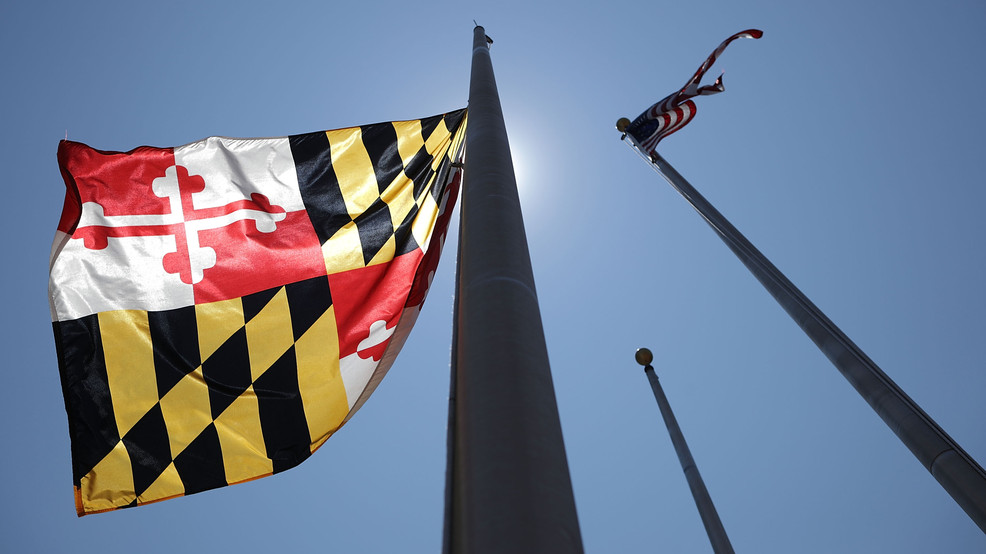
BALTIMORE (WBFF) — Maryland Attorney General Anthony Brown joined a coalition along with other 17 Attorneys General to champion the rights of immigrant families to have access to health care, nutritional support, and other programs to help with their well-being.
Brown is in support of President Biden’s administration’s revised version of “public charge” regulations, which is the determining factor of who can gain or keep immigration status.
ALSO READ | Maryland Attorney General and partners secure settlement with Safeguard Metals over $68 million fraudulent scheme
Attorney General Brown had teamed up with the Attorneys General of California, Colorado, Connecticut, Delaware, the District of Columbia, Hawaii, Illinois, Maine, Massachusetts, Michigan, Minnesota, Nevada, New Jersey, New York, Oregon, and Washington.
Under the U.S. Immigration and Nationality Act, a noncitizen who is likely to public charge is usually not allowed to enter the country as a permanent resident.
In 2019, the Inadmissibility on Public Charge Grounds Final Rule was enforced, which expanded access to include short-term use of supplemental federal government programs like Medicaid or Supplemental Nutrition Assistance – even as little as $17 a month.
In response to nationwide court rulings that invalidated this regulation, it was formally repealed in March 2021.
ALSO READ | Meta faces multi-state lawsuit: Accused of harming children’s mental health and violating privacy laws
In December 2022, a new Public Charge Final Rule issued by the Biden administration came into effect. By essentially reverting to the long-standing public charge policy, the new rule was created to reverse the broad effects of the previous rule.
On Saturday, The coalition highlighted the significance of the new regulation from the Biden administration, which backs state efforts to safeguard the health and welfare of immigrant families as well as other citizens.
“At the heart of my commitment as a public servant lies a dedication to the well-being of all people,” said Attorney General Brown. “Immigrants and their families are an integral part of our communities. It is our responsibility to help them maintain access to essential resources and support, like education, food, and medical assistance, which they need to thrive.”
The Attorney General’s Office says this rule would assist the state in the following:
Supporting the state’s efforts to promote the health and general well-being of their residents and communities.
Improving immunization rates and thus allowing states to better respond to infectious disease outbreaks and public health crises.
Promoting the health and achievement of students by increasing enrollment in school lunch programs and related school-based activities.
Reducing the financial and administrative burden on states’ agencies, public health systems, and safety net providers.
The rule is now facing a legal challenge in the Southern District of Texas after the state filed a lawsuit to block its enforcement and bring back the 2019 rule.
